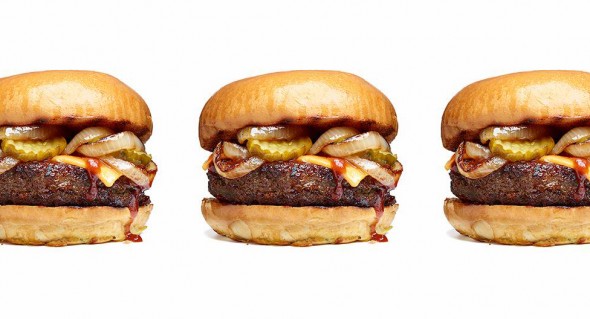- How your muscles form
- Salmonella found to be resistant to different classes of antibiotics
- Grief linked to sleep disturbances that can be bad for the heart
- New flexible, transparent, wearable biopatch, improves cellular observation, drug delivery
- Yelp reviews reveal strengths and weaknesses of emergency departments and urgent care
- Scientists simplify and accelerate directed evolution bioengineering method
- Small populations of normal cells affect immunity in patients with XLP1
- Hypertonic saline may help babies with cystic fibrosis breathe better
- Exosomes ‘swarm’ to protect against bacteria inhaled through the nose
- The new face of South American people
- Mild blast forces cause brain pathology and deficits, despite lack of macroscopic damage
- Eye contact reduces lying
- Cellphone technology developed to detect HIV
- Nursing science could help reduce firearm violence and its impact
- Ready for a close-up: The science behind face massage rollers
- Community choirs reduce loneliness and increase interest in life for older adults
- Decrease in specific gene ‘silencing’ molecules linked with pediatric brain tumors
- Alzheimer’s and cardiovascular disease share common genetics in some patients
- Improving city parks may be one path to help make residents more active
- ‘Tunability’ of a molecular chaperone
- Big change from small player: Mitochondria alter body metabolism and gene expression
- Tiny pacemakers aim to make infant heart surgeries less invasive, while cutting operating costs and time
- Investigational urate elevation does not appear to raise hypertension risk
- Psychological science can make your meetings better
